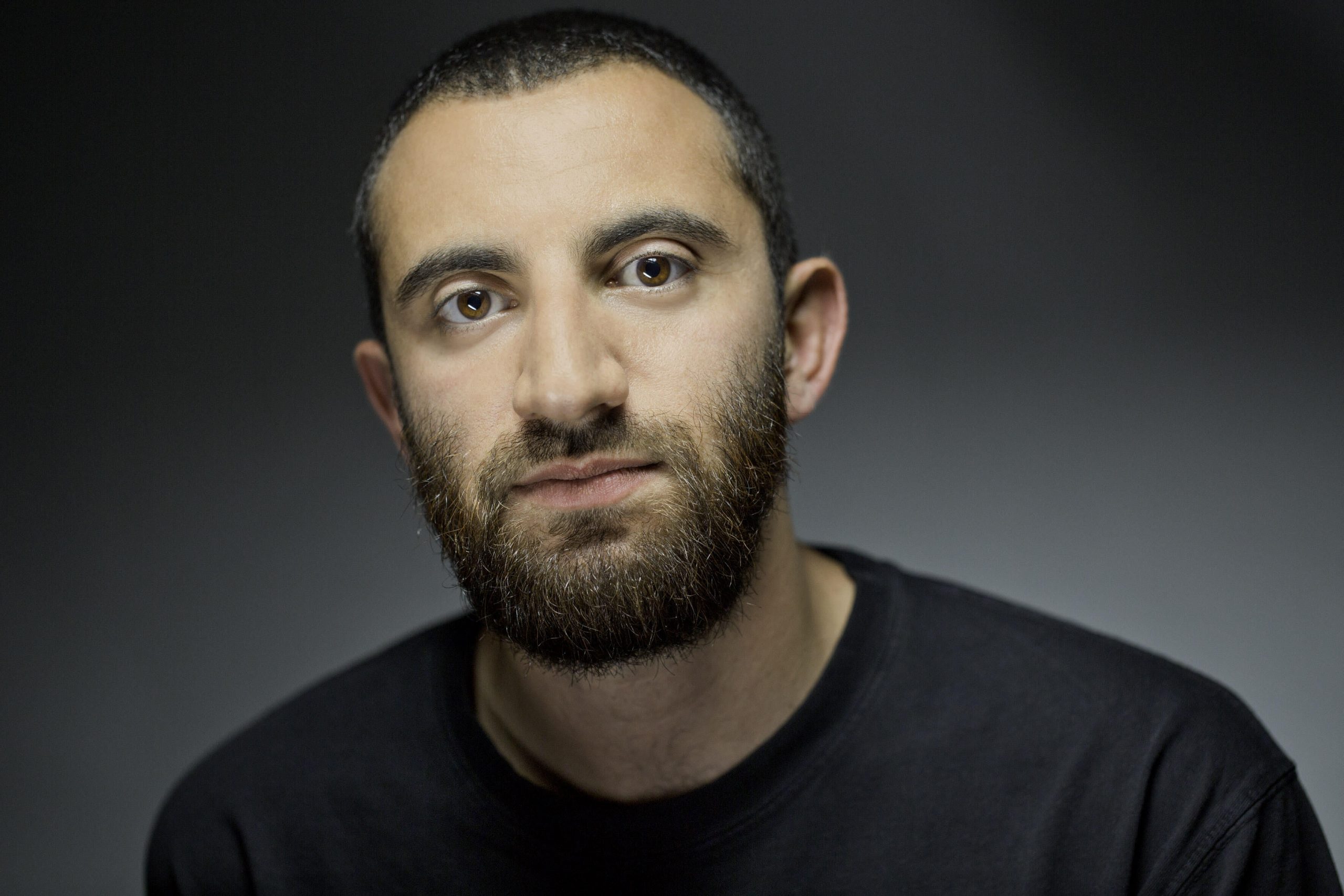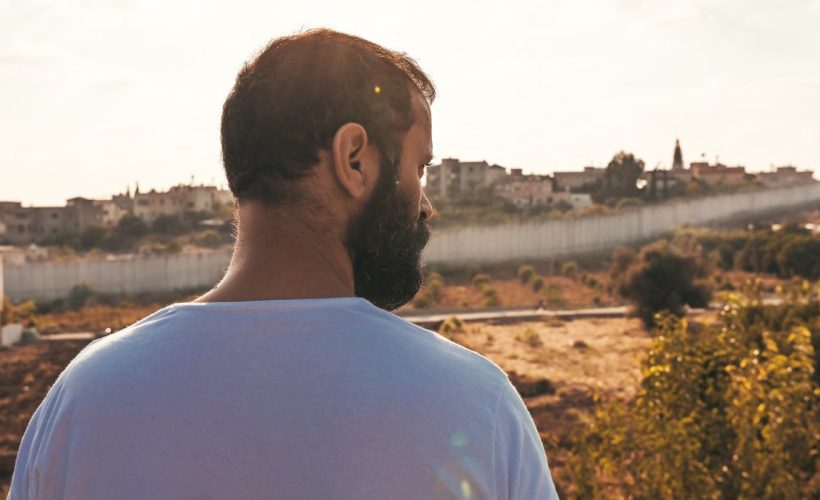Society
9.25.2020
Beyrouth entre parenthèses, journey to the forbidden country

After “Le nez juif”, the author Sabyl Ghoussoub comes back with a new novel: “Beyrouth entre parenthèses”. A journey’s story into a forbidden country, the discovery of the other but also of oneself.
Sabyl Ghoussoub is eclectic. After working in the Beirut film scene, he also tried his hand at photography. He has signed a series of offbeat self-portraits in which he wears different religious signs, sometimes portraying himself as an imam or as a rabbi in the same shot. But no matter the discipline, Sabyl likes to shake up codes and play with labels.
A bit engaged, his work is nonetheless playful in its approach of the Middle Easter conflicts and social taboos. This is the same deep lightness that can be found in his two books, “Le nez juif” and “Beyrouth entre parenthèses”, his latest novel which follows the character of Aleph, a French-Lebanese Christian who decides to cross the border of Israel, a country whose no one dares to pronounce the name in his native country. A journey into the unknown that will finally bring him back close to what he initially wanted to quit, the weight of an identity that we never manage to get rid of completely.

What were you looking for when you travelled to Israel for the first time, and what did you want to convey through this story?
A forbidden place is quite phantasmagorical for a writer, and starting from the interrogation on arrival at Ben Gurion airport allowed me to talk about Lebanon and the Arab-Israeli conflict in a lighter way, to deal with serious things that are very dear to me with humor. Personally, I made this trip because I met a lot of walls when I was working in the movie business in Lebanon, I was taken to the censorship office because I wanted to show Israeli films at festivals but I couldn’t. So I wanted to show these people that one could be on the Palestinian side, and yet still travel to Israel without being a traitor to the nation.
What was the most difficult part in writing the book?
The most difficult thing was to keep lightness and sense of humor in my writing style. I wrote 4 different versions before ending up with this novel. In the beginning, I wanted to tell the story of a Lebanese mother who lost her son in Israel and returned to her country in an empty apartment in Beirut. It was awful and I think I forbade myself to use humor on this topic, but little by little it became easier for me to talk about it and I realized I didn’t recognize myself in what I was writing. What I like about the current version of the book is that it feels like it’s a first draft, whereas I had a lot of trouble before I got to that point.

What did you discover during this trip?
This trip completely transformed me. In my family, there’s a left-wing part that fought with the Palestinians, quite pro Hezbollah, and another part that was rather close to the Christian Phalangists (Editor’s note: close to Israel during the war). I grew up rather on the pro-Palestinian side and I always saw a lot of fighting and violence in my family because of the conflict between Lebanon and Israel. So I had to deal with this country because it is linked to my family history and to the history of Lebanon. Then through this journey, I finally wanted to go against everything I had been taught and think about this conflict differently, not to try to find a peace solution that I don’t believe in, but rather to respond to a need to imagine something else in this reality. I wanted to dare to dream of things differently between the two countries in order to free myself from this subject that we cannot think as we want in Lebanon.
What is “identity” according to you?
It’s what we want to do with it, even if unfortunately we are always to deal with our environment. There’s a bit of that in the book as well, I spend my time wondering how to get out of the prison of identity, which for me is Lebanon. This country was my parents’ prison and it has become mine. And all these trips that I make, it is finally because I am a Lebanon lover who desperately would like to live there. When I went to Israel, I always tried to find Lebanon. When I heard about the Beirut explosion on August 4th, I was in the south of France and I just put my towel on the sand, yet I had to fold up my towel and went back to Paris to catch a plane to fly to Beirut. I would like to know how to be something other than oneself, without being caught up by my own origins. Some people think it’s a chance to have two identities, but for me it locks me up and deprives me of so many things.
popular

